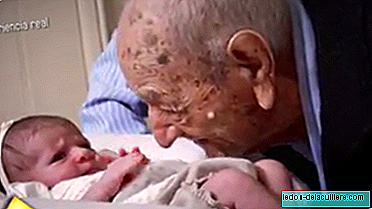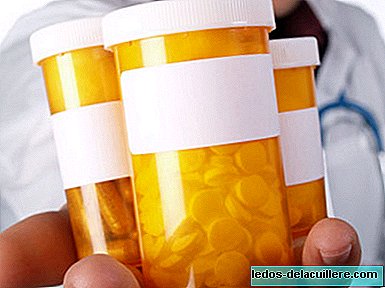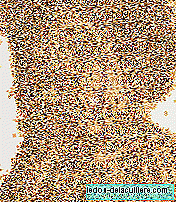
Crying, tantrums and discouragement in children are typical reactions of an unsatisfied desire, better known as "frustration." A state of disappointment that refers to the ability to conceive that certain desires are not satisfied.
When the wish is granted one speaks of "gratification." For example, when we go to the market and the child craves a bag of candy, before our refusal to buy them, a tantrum (frustration) will appear, if we give it to him the child will be gratified.
Frustration is a feeling that is part of healthy human development. Children learn from an early age that not all desires can be satisfied. For example, in the first days of school a child must learn to separate from his mother, which is a degree of frustration that he will learn to tolerate and to satisfy in another way. However, if during childhood the frustration is not handled properly it can lead to difficulties, showing inappropriate behavior for their age: breaking things, throwing objects, making tantrums etc.
To teach children to handle frustration, a small dose of it is necessary as it is beneficial for emotional growth. If the child has the affection of his parents even if he is wrong, he will have the security of having them and will learn to handle the frustration properly. When the parents are too overprotective and do not allow the child to learn to solve their problems, he will hardly learn to tolerate frustration when obstacles arise that prevent him from satisfying his wishes.
Another very important aspect is to avoid unlimited gratification so that the child acquires a gradual learning of tolerance to frustration.
In life our children will find thousands of obstacles throughout their lives. Tell them "no" when necessary, set limits, allow them to solve problems on their own and dose the bonuses; These are frustration quotas that will allow them to learn to tolerate it, trust their abilities and know how to give up desires in a normal way.












